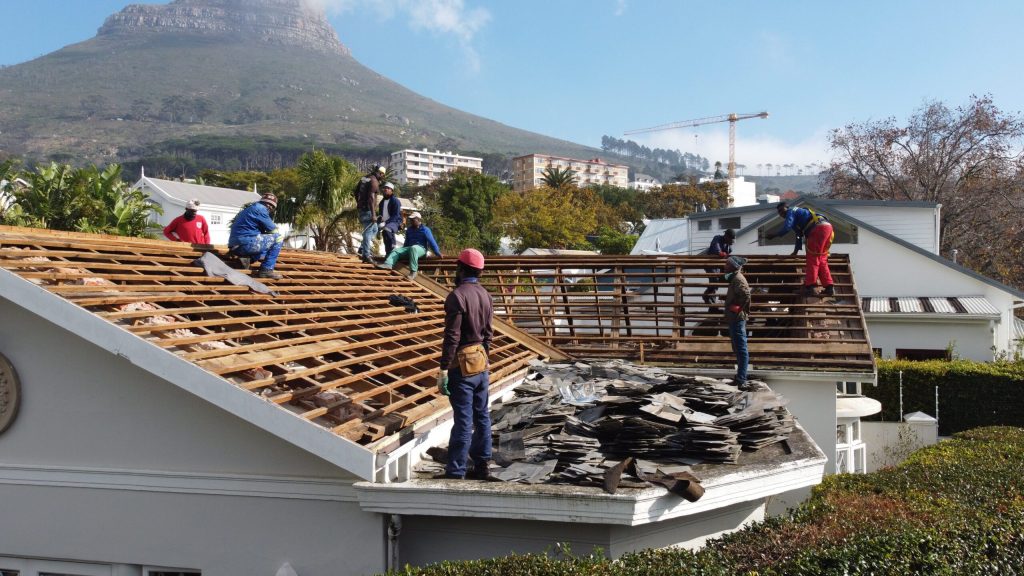Regular roof inspections are an essential aspect of maintaining the integrity and longevity of your roof. Yet, many homeowners are unsure of what to expect during a roof inspection and why they’re necessary. In this blog post, we’ll provide a comprehensive guide to roof inspections, covering everything you need to know.
What is a Roof Inspection?
A roof inspection is a thorough examination of your roof’s condition, conducted by a qualified roofing professional. During the inspection, the roofer will assess various components of your roof, including shingles, flashing, gutters, and vents, to identify any signs of damage, wear, or potential issues.
Why are Roof Inspections Important?
Roof inspections are essential for several reasons:
- Early Detection of Problems: Roof inspections allow for the early detection of potential issues, such as damaged shingles, leaks, or structural damage. Addressing these issues promptly can prevent them from worsening and save you money on costly repairs down the line.
- Maximizing Roof Lifespan: Regular inspections can help extend the lifespan of your roof by identifying and addressing minor issues before they escalate into more significant problems. By maintaining your roof in good condition, you can avoid premature replacement and prolong its durability.
- Ensuring Safety: A damaged or compromised roof can pose safety hazards to occupants and visitors, such as water leaks, mold growth, or structural instability. Regular inspections help ensure that your roof is structurally sound and safe for occupancy.
- Protecting Property Value: A well-maintained roof enhances the curb appeal and value of your property. By investing in regular inspections and addressing any issues promptly, you can preserve your home’s value and attractiveness to potential buyers.
What to Expect During a Roof Inspection
During a roof inspection, the roofing professional will typically:
- Conduct a visual examination of the exterior of your roof, looking for signs of damage, deterioration, or wear.
- Check for missing, cracked, or damaged shingles, as well as loose or damaged flashing around chimneys, vents, and skylights.
- Inspect the condition of gutters, downspouts, and drainage systems to ensure proper water flow and prevent water damage.
- Assess the overall condition of the roof deck, including signs of rot, sagging, or structural damage.
- Provide a detailed report of their findings and recommendations for any necessary repairs or maintenance.
Conclusion
In conclusion, roof inspections are a crucial aspect of roof maintenance that should not be overlooked. By investing in regular inspections and addressing any issues promptly, you can ensure the long-term integrity, safety, and value of your home. Contact Splashp Roofing today to schedule a professional roof inspection and take proactive steps to protect your investment.

